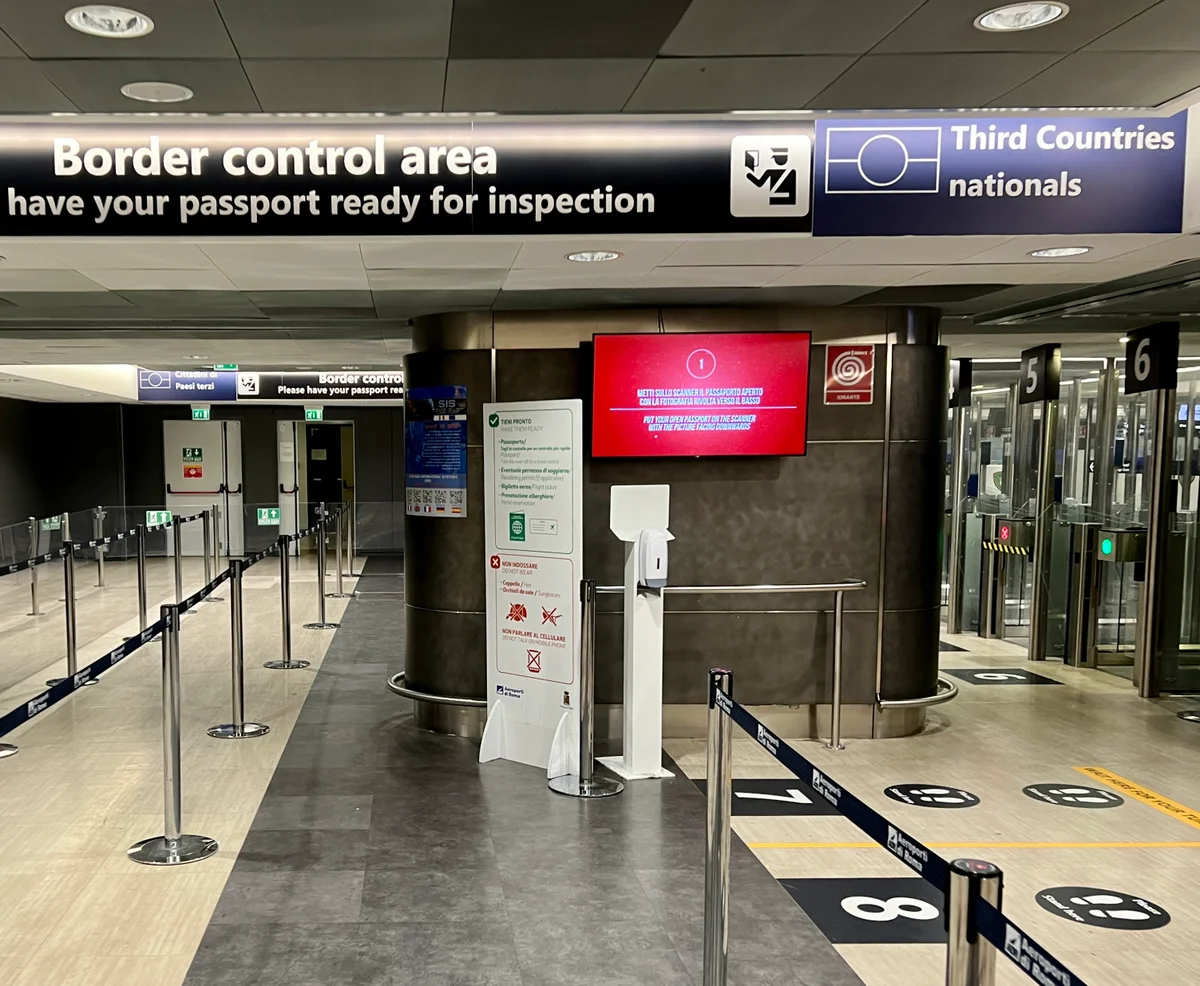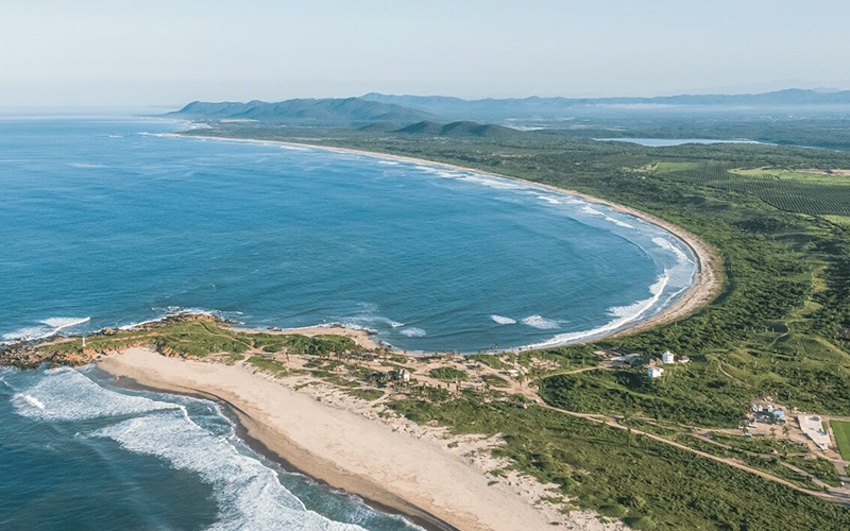By Simon Calder
Copyright independent

“Papers – and proof of funds – please.” Among the many Brexit consequences negotiated on the nation’s behalf was for British passport holders to become “third-country nationals” in the eyes of the European Union. This is the same status as citizens from the US, Australia, Venezuela and many other countries.
The big difference: there are far more British visitors to the EU – and wider Schengen area – than all other nationalities put together. But all third-country nationals are obliged to meet two sets of conditions when crossing the border: the general Schengen area requirement, and the individual nation’s own rules.
In reality, few travellers are likely to be quizzed on their financial standing. These regulations were introduced for visitors from countries of widely different wealth levels, and are not generally applied to British arrivals.
But it helps to know what the rules are.
The Schengen demand is: “Sufficient means of subsistence, both for the duration of the intended stay and for the return to their country of origin or transit to a third country into which they are certain to be admitted, or are in a position to acquire such means lawfully.”
Each country, being a sovereign nation, then sets its own rules on what constitutes “sufficient” – and may add extra conditions about accommodation and even travel insurance.
The range is extraordinary: from the equivalent of £12 in Latvia to £99 in Spain, with the latter insisting on a minimum of £891.
Since few people carry large wads of cash across borders these days, a crucial question is: what evidence of financial resources are accepted?
The basic Schengen area principle is: “The assessment of sufficient means of subsistence may be based on the cash, travellers’ cheques and credit cards in the third-country national’s possession.” (You may need to ask an elderly relatively to explain “travellers cheques”; these are obsolete financial instruments, though if you happen to have some left over you could theoretically produce them as evidence of your wealth.)
Once again, individual nations have their own version of what constitutes proof that you can fend for yourself financially.
These are the stipulations. For avoidance of doubt: once you are in the Schengen area, you should be able freely to move across borders, and need not adhere to each subsequent country’s rules. For example, if you enter Poland then cross the border to the Czech Republic, the initial €18 per day (for Poland) applies rather than €64 demanded by the Czechs.
In increasing order, these are the amounts each nation demands from third-country nationals, along with other requirements.
The traveller must also have, though, “financial resources sufficient to pay for the planned accommodation and/or, if travelling with a private vehicle, financial resources sufficient to buy the fuel needed for the journey”.
75 zloty per day with a minimum of 300 zloty. These figures are reduced to 20 zloty and 100 zloty respectively for those who have “had the cost of the stay in the Republic of Poland paid”.
10,000 forints, in a form such as “confirmation of board and lodging reserved and paid in advance by means of a travel agency voucher” or “any other credible proof”.
SEK430 per day.
The authorities say: “Aliens who are able to prove that their board and lodging are guaranteed for the duration of their stay may be exempted from paying the above amounts.”
“As an indication, an amount of NOK500 per day is deemed to be adequate for visitors who are not staying with relations or friends.”
“Funds could take the form of a telegraphic money order”.
350 Danish crowns for each 24 hours
An extra €50 per day if you do not have a prepaid room.
It’s complicated. The minimum for a single person is €270, which covers a stay of up to five days. For two or more people travelling together, the minimum falls to €213. For six to 10 days, the rate per day is €45 solo, or €26 in company.
The Dutch government says: “This criterion is applied flexibly, since the required amount of the means of subsistence is determined on the basis of the planned duration of the stay, the reason for the visit and the personal circumstances of the person concerned.”
Meticulously broken down into: €30 for accommodation; €4 for breakfast; €7.50 for lunch; €7.50 for dinner; €7 for spending money.
ISK8,000 per day with a minimum of ISK40,000
1,565 Czech crowns, comprising “cash, credit cards or traveller’s cheques in the third-country national’s possession”.
This amount applies “in the case of presentation of a hotel booking”. If you cannot provide such evidence, the rate increases to €120. In addition, the French authorities say: “You must have an insurance certificate covering all medical and hospital expenses for which you may be liable for the duration of your stay in France, as well as medical repatriation costs and expenses in the event of death.”
In the case of Croatia, the sum is reduced to €30 with “proof of a tourist booking”.
“The minimum wage for an unskilled worker”. The Independent calculates this is currently €89 per day. “In addition, third-country nationals must present a transport ticket for return to their country of origin or for transit to a country in which their admission is guaranteed.”
“If the alien is unable to furnish proof of any credit at all, he must have access to approximately €95 for each day of the planned stay. In most cases, the person concerned must in addition produce a travel ticket (airline ticket) enabling him to return to his country of origin or residence.”
You must have “a recent bank statement or an up-to-date bank book”. The Spanish authorities add: “Internet bank statements are not acceptable.”
“Aliens shall be refused entry at the border if they have no place of residence in Austria and do not have sufficient means of subsistence to meet the costs of their stay and return. However, there are no reference amounts for the above. Decisions are made on a case-by-case basis depending on the purpose, type and duration of the stay.”
Sources: Annex 25 of the Schengen Borders Code and additional information supplied by individual countries



